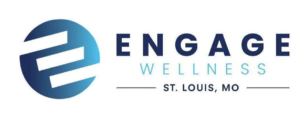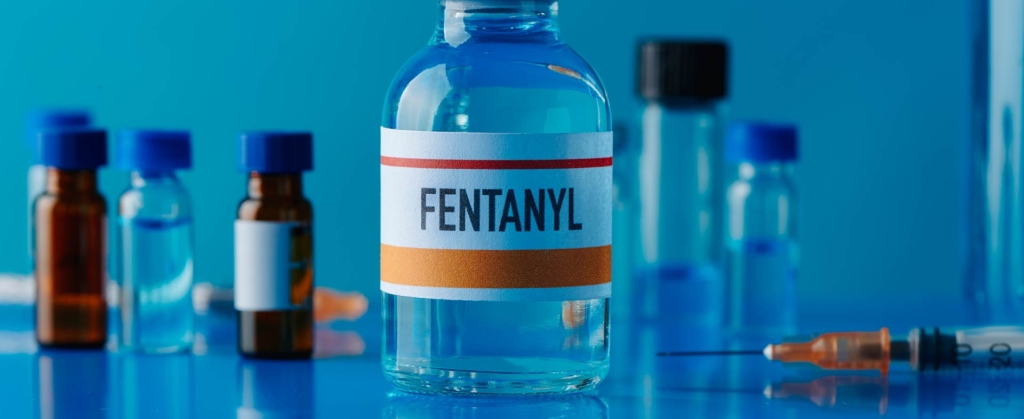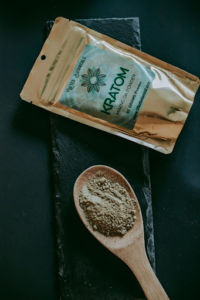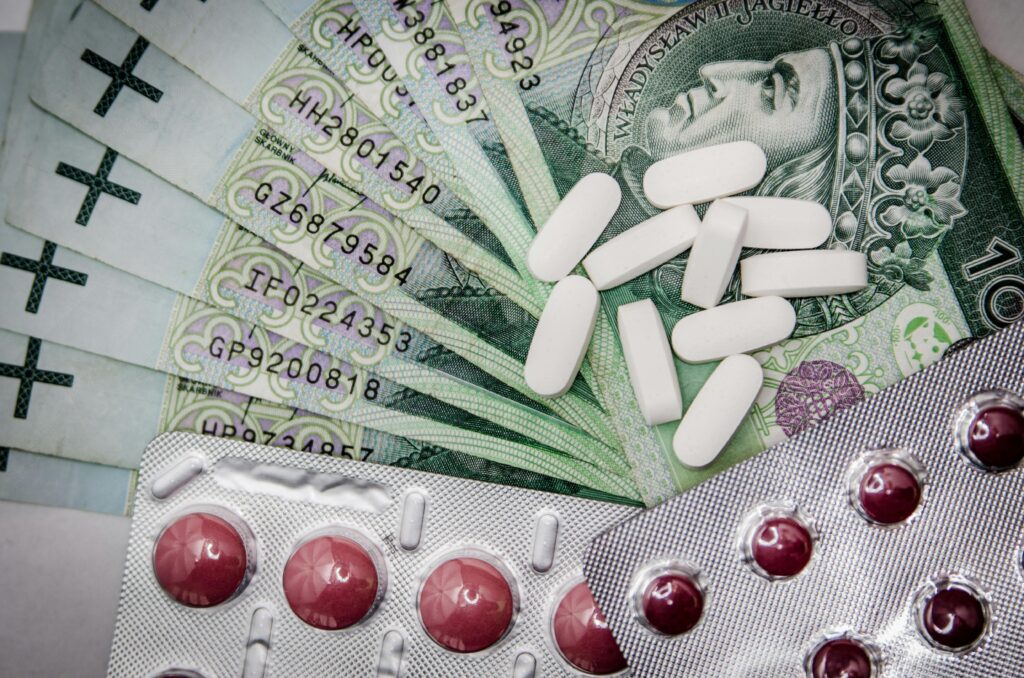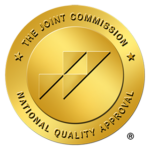Home /
Home / Addiction Treatment In St. Louis at Engage Wellness
Learn more about
Substance Use Treatment Programs In St. Louis
Harmful and addictive substances, whether prescription or illicit, create a physical and psychological dependence that increases the challenges you face in overcoming them. Alcohol and substance use disorder is a disease that more than 46 million U.S. adults suffer from.[1]
Professional treatment solutions can help you or your loved one safely navigate recovery and pursue healing to transition into a lifetime of sober living. Getting help is the most effective way to overcome alcohol or drug addiction and create a healthy new life full of potential. Start here.

Learn more about
Dual Diagnosis Treatment Programs
A dual diagnosis describes both a mental health condition and an alcohol or substance use disorder when they occur simultaneously. While neither one causes the other, they can both make the other more difficult to treat or live with. This often presents challenges to recovery that require professional mental and behavioral health treatment. At Engage Wellness, we will help you identify and address co-occurring disorders and eliminate harmful patterns from your life with holistic treatment options, individual outpatient services, group therapy, and more.
Anxiety & Addiction
Anxiety paired with alcohol or substance abuse is something that must be managed in a supportive environment with practical treatment and compassionate care. Treatment plans will implement an integrated approach that blends medication management, therapy, and coping skill development to manage anxiety symptoms and prevent relapse.
Depression & Addiction
Treating depression and alcohol or substance abuse requires an integrated approach to client care. By understanding and treating each disorder individually, we can uncover root causes and help you navigate both with evidence-based treatment, therapy, group support, skill development, and more.
PTSD & Addiction
PTSD and alcohol or substance abuse are commonly linked, but which came first varies.[5] Treating PTSD and addiction may blend both medication-assisted treatment to manage withdrawal symptoms and evidence-based therapies to unlock holistic healing.
Bipolar & Addiction
Extreme shifts in mood paired with substance or alcohol abuse can have devastating outcomes. It’s important to address emotional regulation and harmful thought patterns, as well as substance issues, to promote true healing that can stand the test of time and trials.
